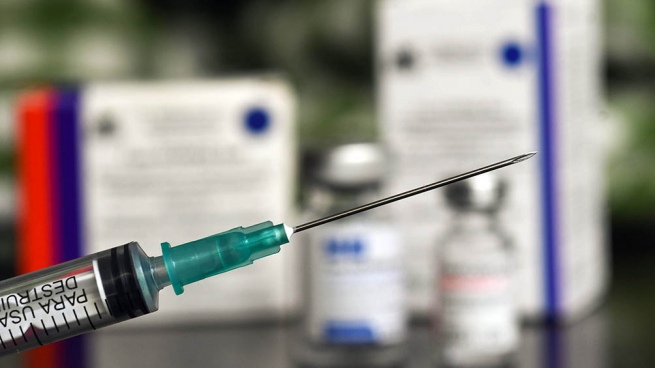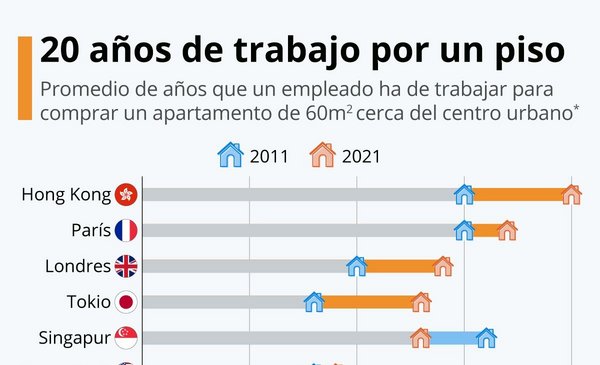The scientific director of the World Health Organization, Soumya Swaminathan, said Tuesday that she is looking forward to the “second generation” of vaccines against the coronavirus, easier to administer, including orally and nasally.
Swaminathan indicated that these vaccines would have advantages over current ones, since they would be easier to administer than injections and could even be done by the same patient, the AFP news agency reported.
Swaminathan explained that There are 129 vaccine candidates for COVID that were being tested in humans in clinical trials, and another 194 that are still being developed in laboratories.
“This covers the entire spectrum of technologies,” he said during a live interaction on WHO’s social media.
LIVE Q&A on # COVID19 vaccines with lmenning. #AskWHO https://t.co/2iW34YCrrv
– World Health Organization (WHO) (@WHO) November 9, 2021
“They are still in development, some will prove very safe and effective, and others may not,” he added.
The scientist noted that “there may be advantages to some of the second-generation vaccines. Clearly, if you have an oral or intranasal vaccine, it is much easier to administer than an injectable.”
What’s more, Nasal spray vaccines, used in some countries against the flu, can promote an earlier response to infection.
“If there is a local immune response, it will take care of the virus before it becomes established in the lungs and starts causing problems,” he said.
“So far, with the vaccines we have approved, there has been no sign that has been so concerning that we had to rethink the vaccine.”Soumya Swaminathan
The WHO so far authorized seven vaccines against Covid-19: Pfizer / BioNTech, Moderna, AstraZeneca, Johnson & Johnson, Sinopharm, Sinovac and, last week, Bharat Biotech.
“None of the vaccines are 100% (effective). No one ever said that vaccines were going to be 100% protective,” Swaminathan said.
“So far, with the vaccines that we have approved, there has been no sign that has been so concerning that we had to … rethink the vaccine,” he added, according to AFP.

















